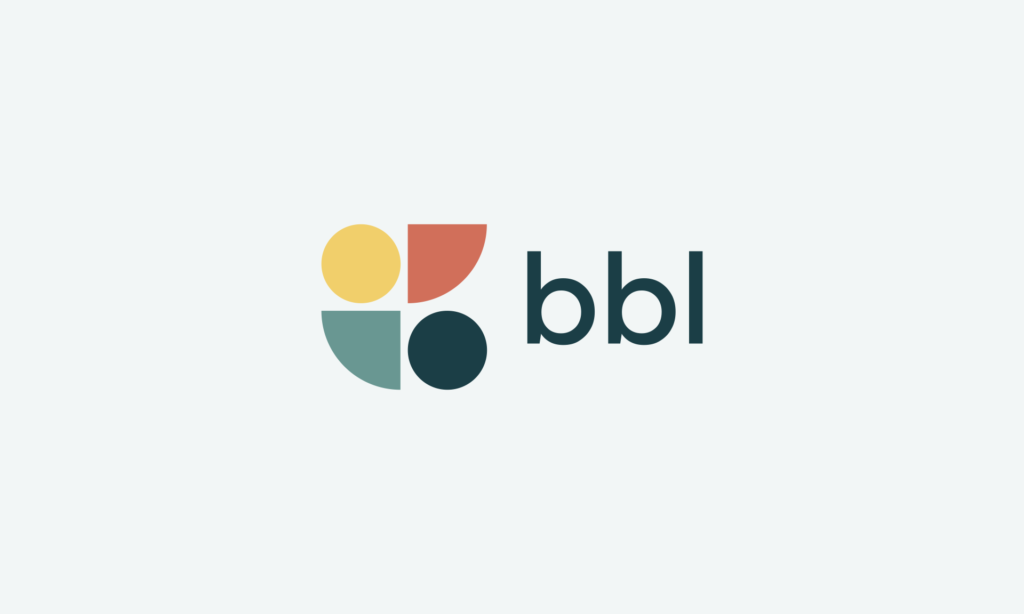This website uses cookies so that we can provide you with the best user experience possible. Cookie information is stored in your browser and performs functions such as recognising you when you return to our website and helping our team to understand which sections of the website you find most interesting and useful.

Child Inclusive Mediation
January 24, 2024
As part of Mediation Week, we are shining a spotlight on one of the mediation services we offer here at bbl – child inclusive mediation.
What is child inclusive mediation?
Child inclusive mediation gives your child or children a voice within the mediation process. The mediator will speak to your child or children allowing them to share their views, thoughts and feelings. Where the child gives permission, these can then be shared by the mediator with the parents in a separate meeting. The parents can then use this information to consider and agree the arrangements for the child moving forward.
It can often be beneficial for a child to share their worries or concerns whilst their parents are mediating without the pressure of feeling that they are responsible for the decisions or taking sides. The basic theory being that children generally have a right to have their voices heard when decisions are being made about them.
The decision for a mediator to talk with your children and include them in the mediation process must be considered carefully. If the child or young person is invited to be involved in the mediation, it will only happen if both parents agree and have already discussed their children’s arrangements and needs during the mediation process.
Is it mandatory?
Child inclusive mediation is not mandatory. As with all types of mediation, child inclusive mediation is voluntary.
How does child inclusive mediation work?
Child inclusive mediation will be discussed with you at your initial appointments if it is relevant to your circumstances. When you have your joint session, the mediator will ask you to share and discuss your views of child inclusive mediation. If both parents agree to child inclusive mediation, then some additional questions will be asked to make sure it is suitable. The mediator will then write directly to your child or children inviting them into the process and explaining how it works. It is important to remember that if your child or children do not want to do child inclusive mediation, then they do not have to. It is their choice.
Where can child inclusive mediation take place?
The meetings can be arranged at a place agreed between the parents and mediator. It is recommended they take place at a neutral location. This is often the mediator’s office. They can take place at a time which is convenient to all parties. The mediator will be able to discuss the arrangements with you to come up with a plan that works best for you as a family.
What are the benefits of child inclusive mediation?
- Your child or children can express their views and wishes to an independent person without feeling fearful or worried.
- It can empower your child or children when they feel they may have little control over their future.
- It is confidential.
- It can improve communication for the whole family.
- It allows flexibility. You can try out arrangements to see if they work for the whole family without being constrained by court orders or other statutory involvement.
Beverley Long is a child inclusive mediator and can meet with children and young people of parents who come to mediation. When asked about child inclusive mediation she said “If you are making decisions about your children, they have a legal right to express their views, feelings and wishes in all matters affecting them, and to have their views considered and taken seriously. Child inclusive mediation is a process which enables you to do that”.
If you would like to find out more about child inclusive mediation or mediation generally, please do get in touch by calling 01603 679050 or emailing info@bblfamilylaw.com.
